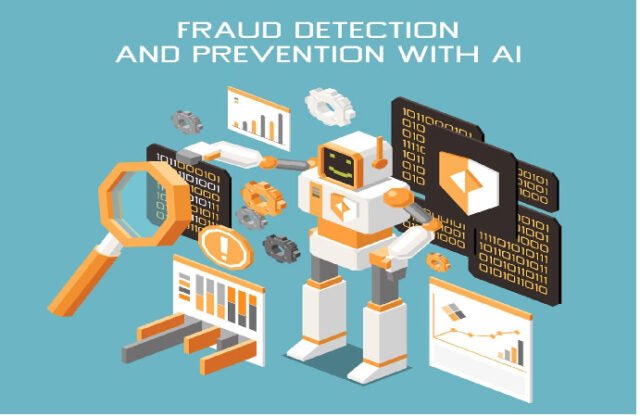In a groundbreaking development for Nigeria’s fast-growing digital economy, Adepeju Deborah Bello, a researcher affiliated with Barclays, is leading an innovative initiative to combat fraud targeted at small and medium enterprises (SMEs). Leveraging advanced machine learning, Bello’s work is poised to revolutionise how micro-businesses safeguard their financial health.
At the core of Bello’s research is the design and implementation of AI-driven systems capable of detecting and preventing fraud in real time. Her approach adopts a variety of supervised and unsupervised learning methods—such as anomaly detection algorithms, behavioural analysis models, and risk-scoring frameworks—to identify suspicious transaction patterns and flag potentially fraudulent activity instantly.

Nigeria’s SME sector is a vital engine of growth and employment, yet it remains alarmingly vulnerable to fraud. Traditional detection methods, reliant on static rules and manual review, struggle to keep pace with increasingly sophisticated fraud tactics. Bello’s solution, in contrast, adapts dynamically, learning from emerging threats to proactively protect vulnerable enterprises, especially those with limited resources for cyber defences.
Her research draws inspiration from both global best practices and local insights. International case studies indicate that AI-based detection systems can reduce false positives by up to 60% and achieve accuracy levels between 87–94% compared to older systems. Bello is applying these learnings within Nigeria’s unique ecosystem, accounting for the distinctive transaction habits and fraud modalities prevalent in the country.
Working closely with Barclays, she is building a prototype fraud detection module tailored for the financial services industry underpinned by machine learning models. These models analyse vast amounts of transactional data—such as payment amounts, frequency, merchant profiles, and cross-border flows—to detect outliers or anomalous patterns signalling possible fraud in real time.

One notable technique employed is autoencoders—unsupervised deep learning models that can sift through complex data to spot irregular behaviour. This model type has already shown superior effectiveness compared to traditional methods like Principal Component Analysis (PCA) in Nigerian financial contexts. Bello believes that integrating such advanced neural networks into financial monitoring systems will help SMEs gain parity with larger enterprises when it comes to fraud protection.
Moreover, Bello’s methodology aligns with Nigeria’s regulatory and economic priorities. The Central Bank of Nigeria has emphasised the need for robust risk management in the financial sector, especially regarding credit and transaction fraud. AI-driven tools, like those Bello is developing, offer scalable and efficient solutions that align with global standards. Her work also integrates ethical safeguards—such as explainable AI, data privacy measures, and adherence to anti-bias protocols—to ensure fairness and transparency.

Barclays has expressed optimism about Bello’s progress. According to internal briefings, the prototype system is undergoing pilot testing in partnership with select merchants and fintech platforms. Initial results indicate promising reductions in fraudulent transaction volume, and crucially, fewer false positives that burden legitimate business owners.
As the pilot advances, Bello plans to expand the model’s scope to cover the broader SME ecosystem. She is engaging fintech startups, payment processors, and micro-entrepreneurs to gather diverse data and refine the system’s adaptability. In particular, she’s incorporating behavioural biometrics—such as typing patterns and device usage—offering an extra security layer beyond conventional transaction analysis.

Bello’s vision extends to a future where AI acts as an unseen guardian for every micro-business. “Our goal,” she explains, “is to give small entrepreneurs access to levels of fraud protection that were once only feasible for large banks. If you’re a modest shop owner in Lagos or Kano, you shouldn’t feel helpless when fraud strikes.” As Nigeria witnesses a surge in digital payments—from point-of-sale systems to e-commerce platforms—their need for such protective infrastructure has never been more urgent.
Why This Research on Tackling SME Fraud with AI Matters
If Bello’s model succeeds, the implications could be profound. SMEs could save millions in prevented losses, increase their confidence in digital transactions, and contribute to stronger economic resilience. Beyond Nigeria, the framework could serve as a powerful model for fraud prevention across Africa, where similar SME ecosystems face parallel vulnerabilities.
Join Our Social Media Channels:
WhatsApp: NaijaEyes
Facebook: NaijaEyes
Twitter: NaijaEyes
Instagram: NaijaEyes
TikTok: NaijaEyes





